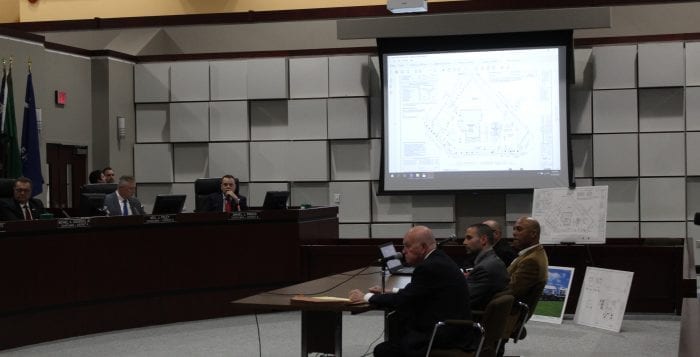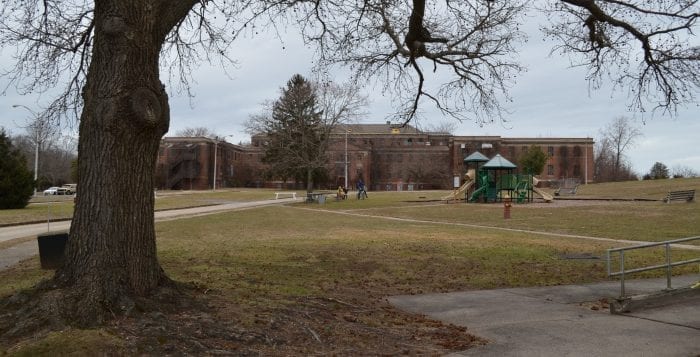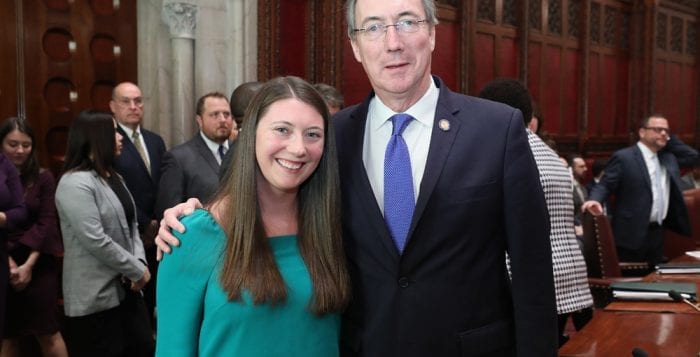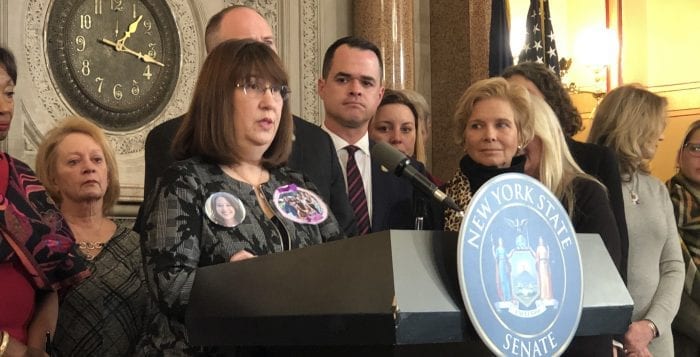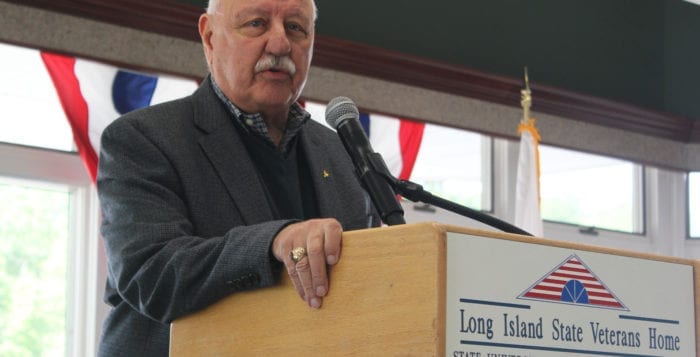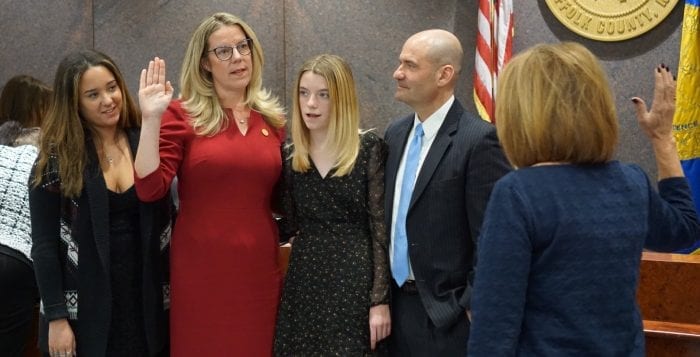Yankees National Baseball Hall of Fame closer Mariano Rivera was known throughout his professional career for his knack of nailing down tough victories. On Jan. 16, baseball’s all-time career saves leader added another victory to his business career when he won approval of a zoning change from the Brookhaven Town Board for a proposed Honda dealership in Port Jefferson Station.
“It feels great to be able to be a part of Port Jefferson Station, we’re excited to make new friends, be able to help others and do the right thing for this community.”
– Mariano Rivera
The dealership on Route 112, dubbed Mariano Rivera Honda, could open later this year if the town Planning Board approves a site plan. The Town Board voted 7-0 to rezone parts of the 8.1-acre property to allow expansion of an existing building and construction of a new one. The Planning Board has yet to set a date to hear Rivera’s plan.
“It feels great to be able to be a part of Port Jefferson Station,” Rivera said after the vote. “We’re excited to make new friends, be able to help others and do the right thing for this community.”
Don King, the Kings Park-based lawyer representing Rivera, said the business will be a good fit in the community
“They love him, the excitement is there — I had one guy tell me he wants to buy a car in [Yankee] pinstripes,” he said.
The Hall of Fame pitcher met with the Port Jefferson Station/Terryville Civic Association last May to discuss the project. While the civic submitted a letter to the town with no complaints, Councilwoman Valerie Cartright (D-Port Jefferson Station) said there were a few suggestions that would help the site fit better into the area.
“The [sales and service] building was originally 55,000 square feet and we reduced down to 35,000,” King said. “The neighbors asked if we could do something smaller and we would if we got permission from Honda — and we did.”
Rivera’s plan also calls for expanding an existing 6,425-square-foot auxiliary building by more than 30 percent and increasing the parking lot’s capacity to hold over 350 vehicles. The dealership would be built at an existing car dealer site at 1435 Route 112, between Jefferson and Washington avenues.
King said they don’t have a date yet of when the dealership could open but said it comes down to a number of things like designs tweaks and how soon the Planning Board can review the site plans. Once these are approved and necessary permits are obtained, construction will start.
After the hearing, Rivera interacted with Yankees fans and residents who came out to Town Hall in Farmingville. He posed for pictures and signed autographs for a number of Brookhaven officials.
“This man has the golden touch,” Councilman Dan Panico (R-Manorville) said after the hearing concluded.

